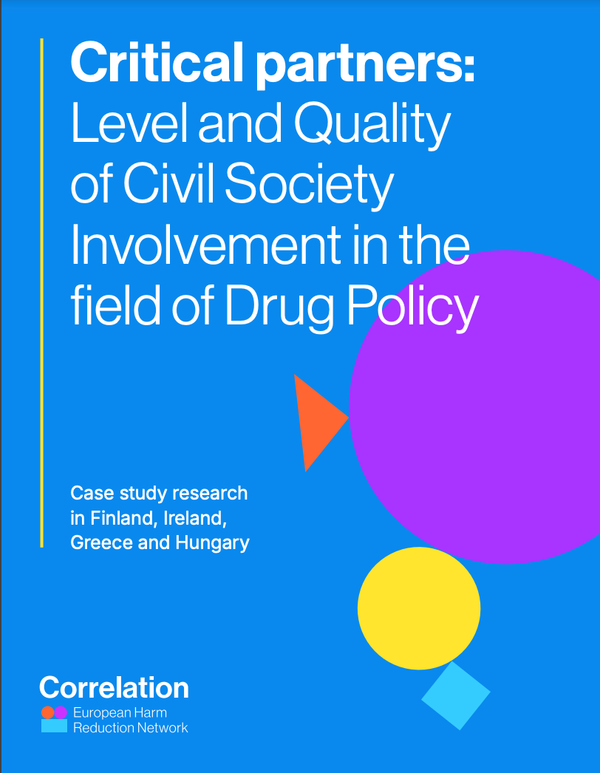Critical partners: Level and quality of civil society involvement in the field of drug policy
Civil society is a critical partner in policy-making. Decision-makers must work with civil society in developing and implementing policies. Civil society organisations and activists work closely with affected communities and have extensive on-the-ground experience incremental to make policies reality-based and effective. Civil society is also a critical voice because it is part of the mission of a vibrant civil society to be critical of all-time power. As the so-called “third sector,” civil society is a counterbalance to the government and the market. Ideally, civil society organisations partner with governments without giving up their independence to express their criticisms of government policies publicly.
In theory, this all sounds great. However, in actual criticisms of real policies, the conflicting understandings of the role of civil society often generate conflicts. When civil society organisations make positions and express their critical opinion about laws and policies, they are often seen by governments as political actors.
Some of the main findings of the report:
- Some mechanisms to involve civil society in national drug policies exist in all four countries but they vary greatly in many aspects.
- Despite the existence of formal mechanisms, most participants of civil society FGDs claimed that the most meaningful dialogue happens through informal channels.
- There was a significant difference between the perception of the meaningfulness of civil society
involvement between decision makers and civil society. - The transparency and accountability of decision making in the drug field was perceived as low by most civil society representatives in all four countries.
- It was recognised by both decision makers and civil society in all countries that the selection of CSOs who are engaged is sometimes not balanced and inclusive.
- In most countries, both decision makers and civil society found that there is sufficient time given to civil society to express its views about proposed new policies and laws.
- In most countries, government officials are seen as approachable by civil society.
- There was a general perception in all countries that civil society representatives are highly competent in their professional knowledge of the field in which they work but this competence is limited when it comes to policy making.
- Decision makers often see civil society overstepping its role by making statements about policies. Civil society often sees this attitue as a violatation its autonomy.
- This research identified a perceived trend in most countries that can be called the shrinking space for civil society: organisations and activists feel that they are increasingly excluded, marginalised and scapegoated for being critical.
- The work of civil society representatives as consultants in civil society involvement mechanisms is not paid in any of the assessed countries.
- One of the key findings of this research is that despite existing formal mechanisms, and despite the openly declared support and recognition of civil society involvement by civil servants, all civil society representatives participating in the FGDs expressed their frustration about being unable to make a meaningful impact in policy making.
